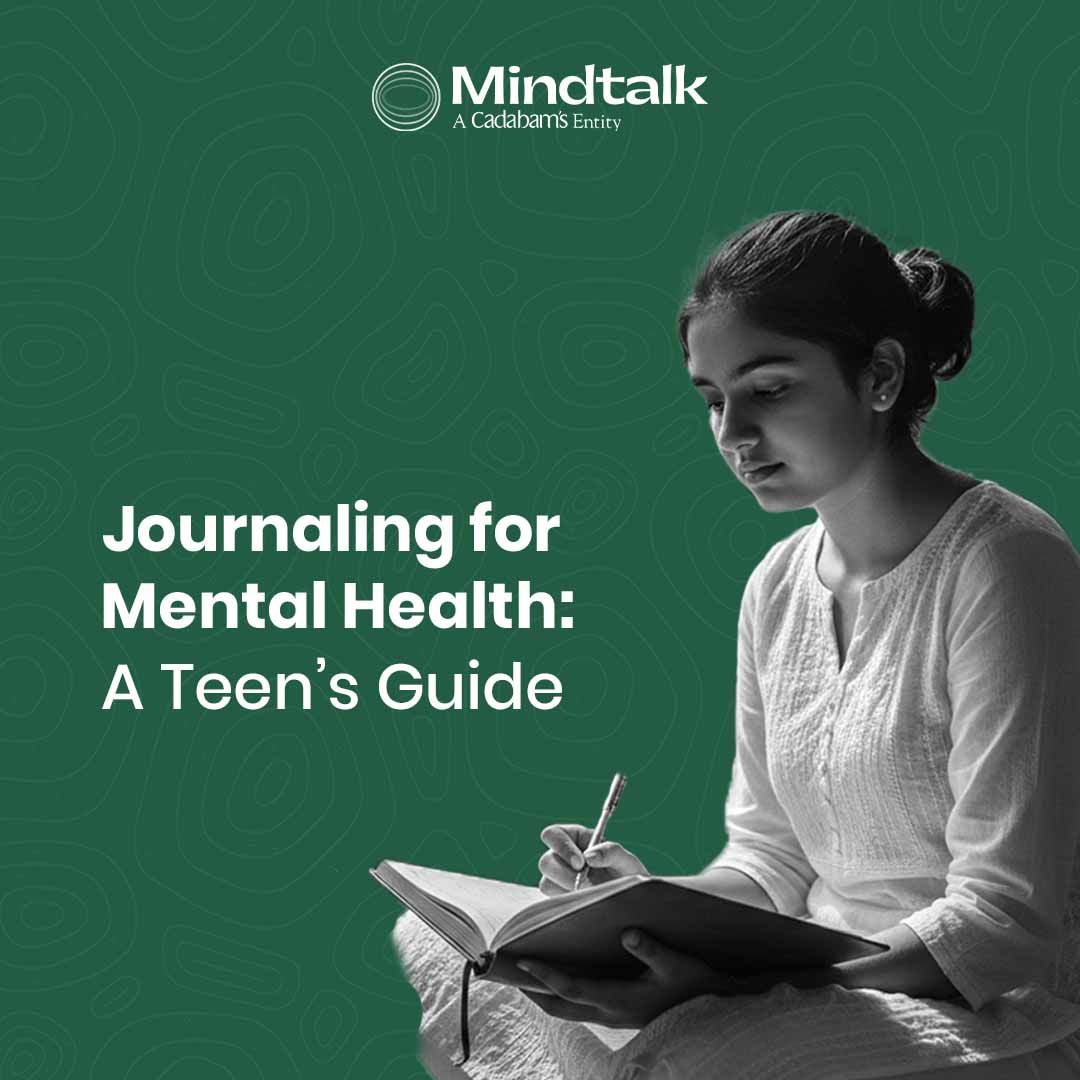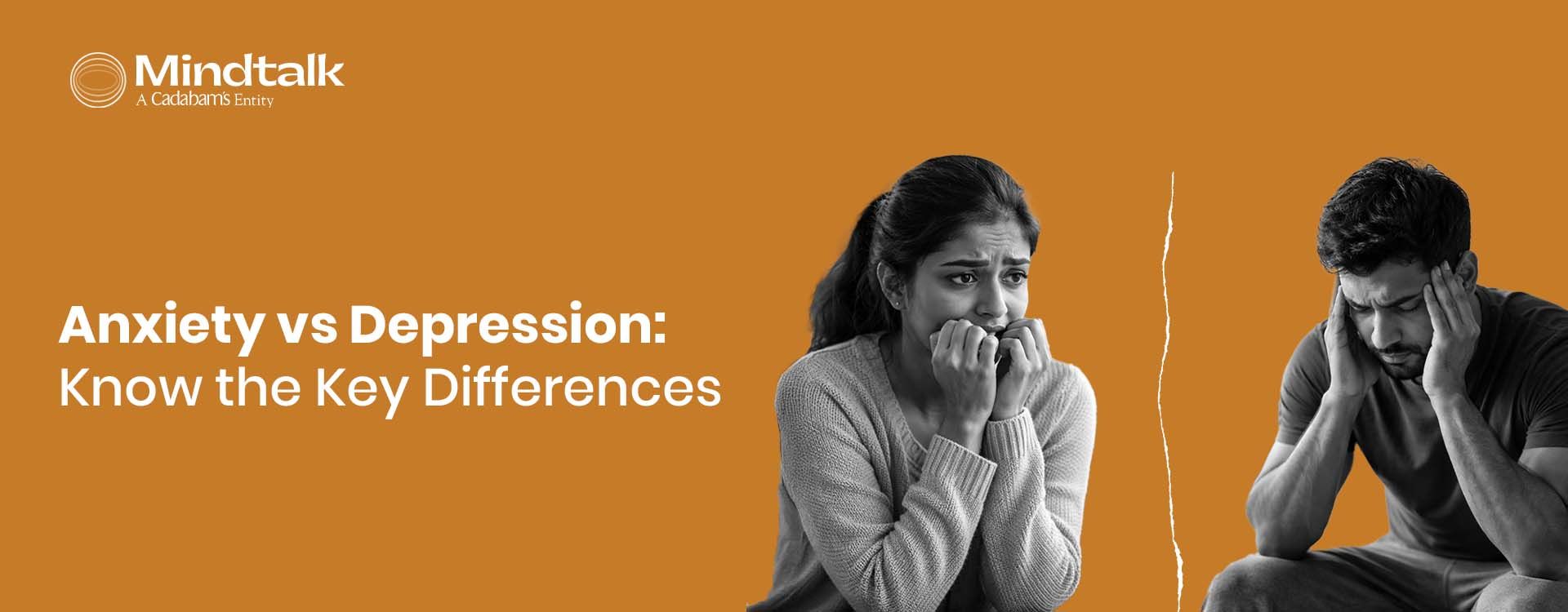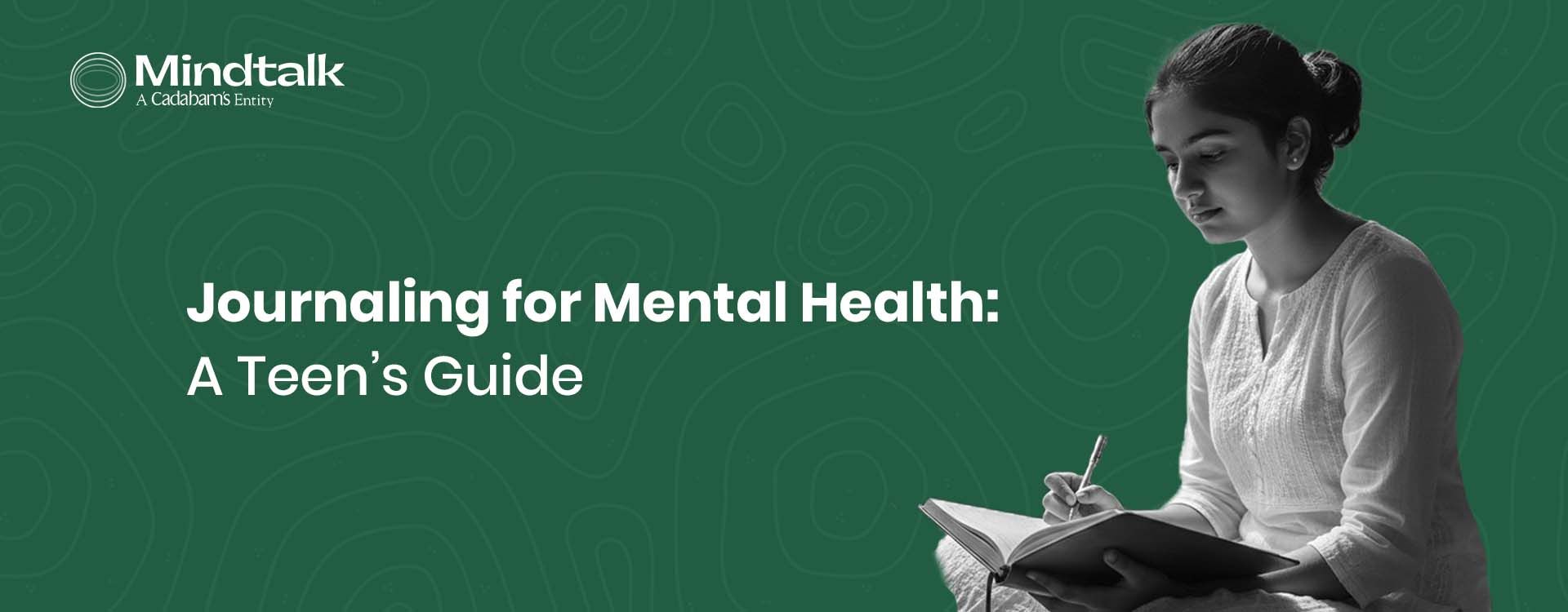The Power of Journaling: A Teen’s Guide to Processing Feelings and Boosting Mental Health
Ever felt overwhelmed by emotions but struggled to put them into words? That’s where journaling comes in. Writing down your thoughts isn’t just a way to vent; it’s a powerful tool for mental well-being.
Research shows that expressive writing helps regulate emotions, reduce stress, and improve overall mood.
When you journal, you give your mind a safe space to process feelings, making it easier to understand and navigate them.

Why Journaling is Important for Teen Mental Health
Teenagers experience academic stress, peer pressure, self-doubt, and anxiety about the future.
These emotions can impact friendships, family relationships, and school performance. Without an outlet, they may feel overwhelming.
Journaling provides a private space to express thoughts, release tension, and develop healthier coping mechanisms for managing stress and emotional struggles.
How Journaling Helps in Processing Feelings
Writing activates the brain’s emotional regulation centres, helping teens understand their feelings better.
Journaling reduces stress hormones like cortisol, promotes mindfulness, and provides emotional relief.
Over time, it enhances problem-solving skills, builds self-awareness, and fosters a more balanced mindset, making it easier to cope with life’s challenges.
Cognitive Behavioural Journaling: How it Helps Teens Reframe Negative Thoughts
Cognitive Behavioural Journaling (CBJ) encourages teens to identify negative thought patterns and replace them with more constructive ones.
By questioning unhelpful beliefs and focusing on realistic perspectives, this method fosters a growth mindset.
Writing about challenges through a CBT lens improves emotional resilience, reduces anxiety, and boosts self-confidence.
Types of Journaling Methods for Teens
There are various journaling methods to suit different needs.
Some focus on emotions, while others promote gratitude or structure, offering a flexible way to process emotions, track progress, and gain clarity about personal experiences and challenges.
Expressive Journaling
Expressive journaling allows teens to write freely about their emotions, thoughts, and experiences without restrictions.
It’s a way to release pent- up feelings, making sense of complex emotions.
There’s no need for structure or grammar- just an honest reflection of one’s inner world. This raw expression promotes self-discovery and emotional relief.
Gratitude Journaling
Focusing on the positive aspects of life can significantly improve mental well-being. Gratitude journaling involves writing about things to be thankful for- big or small.
It shifts the mind’s focus from negativity to appreciation, fostering a more optimistic outlook.
Over time, this practice helps reduce stress, boost mood, and increase happiness.
Guided Journaling
Guided journaling provides prompts to help teens explore thoughts and emotions more deeply.
Questions like “What made you smile today?” or “How did you overcome a recent challenge?” encourage self-reflection.
This structured approach makes it easier to navigate emotions, build insight, and develop problem-solving skills in a supportive way.
Bullet Journaling for Mental Clarity
Bullet journaling combines organisation with self-expression. Using lists, symbols, and trackers, teens can monitor moods, set goals, and plan routines.
This method enhances focus, reduces overwhelm, and provides a sense of control.
It’s a creative yet structured approach that helps manage mental health while improving productivity and emotional clarity.
Art Journaling
Not everyone processes emotions through words. Art journaling allows teens to express feelings using doodles, sketches, or colours. This visual form of journaling helps externalise emotions, offering a therapeutic and creative outlet.
It’s especially helpful for those who struggle with verbal expression, providing an alternative way to release inner thoughts.
7 Benefits of Journaling for Teen Mental Health
Journaling isn’t just about recording thoughts- it actively improves mental well-being. By writing regularly, teens can manage emotions, reduce stress, and develop self-awareness.
Reduces Anxiety & Stress
Writing helps unload worries and fears, making emotions feel more manageable. Journaling provides a private space to express concerns, reducing mental clutter.
By putting thoughts on paper, teens gain perspective, which lowers anxiety levels and promotes relaxation. Over time, this practice helps build resilience against daily stressors.
Helps Identify Triggers & Patterns
Journaling allows teens to recognise emotional triggers and recurring patterns in their thoughts.
By reviewing past entries, they can pinpoint what causes stress or negative emotions. Understanding these patterns helps in making better decisions, avoiding harmful situations, and developing healthier coping strategies for future challenges.
Encourages Self-Reflection & Growth
Regular journaling fosters deeper self-awareness by helping teens explore their emotions and reactions.
Writing about personal experiences encourages them to understand why they feel a certain way, leading to personal growth.
This self-reflection strengthens emotional intelligence, making it easier to navigate relationships and life’s ups and downs.
Boosts Mood & Encourages Positivity
Journaling about positive experiences, gratitude, and affirmations shifts focus from negativity to appreciation.
Writing down good moments reinforces a sense of happiness and encourages optimism.
This simple habit can improve overall mood, helping teens maintain a positive mindset even during difficult times.
Strengthens Problem- Solving Skills
Writing about challenges encourages brainstorming and critical thinking. Journaling helps teens break down problems, explore different perspectives, and develop practical solutions. By reflecting on past obstacles and how they overcame them, they build confidence in their ability to handle future difficulties.
Enhances Emotional Regulation
When emotions feel overwhelming, journaling provides a healthy outlet. Writing down feelings helps process them without judgement, reducing impulsive reactions.
Over time, this practice improves emotional control, making it easier to respond calmly to stressful situations rather than reacting out of frustration or anxiety.
Supports Mental Health Treatment
Journaling complements therapy by reinforcing insights gained during counselling.
It helps teens track progress, note emotional patterns, and express thoughts they may struggle to verbalise.
Therapists often encourage journaling as a tool for self-exploration, making it a valuable addition to professional mental health support.
How to Start a Journaling Habit for Better Mental Health
Starting a journaling habit doesn’t have to be overwhelming. The key is consistency- finding a method that feels natural and enjoyable.
Whether writing a few sentences or full pages, the goal is self-expression. - expression.
By making journaling a daily practice, teens can improve emotional well-being and develop greater self-awareness. - awareness.
Setting Up a Journaling Routine
A journaling habit works best with consistency. Choose a specific time- morning, after school, or before bed- and a quiet place free from distractions. Keeping a notebook or journaling app handy makes writing easier. Starting small, even with just a few sentences each day, helps build a sustainable habit over time.
What to Write About
There’s no right or wrong way to journal. Teens can write about their day, emotions, dreams, or challenges. Common topics include daily reflections, exciting events, worries, or goals. Writing about positive moments or lessons learnt from setbacks can also help in personal growth and emotional processing.
Overcoming Writer’s Block
Staring at a blank page can feel frustrating, but journaling doesn’t have to be perfect. Start with simple thoughts, like describing the day or listing emotions. Using prompts, doodling, or even writing song lyrics can help break the block. The key is to keep writing without overthinking.
Journaling Prompts to Explore Your Feelings
When emotions feel overwhelming, journaling prompts can provide guidance. They encourage self-reflection and help process thoughts in a structured way. Whether focusing on self-discovery, managing anxiety, or cultivating gratitude, prompts make it easier to explore feelings and develop a deeper understanding of oneself.
Self-Discovery Prompts
Journaling helps teens uncover their passions, values, and strengths. A great starting point is: “What are three things that make me happy?” Writing about joyful experiences and personal interests fosters self-awareness, helping teens understand what truly matters to them and what brings them the most fulfilment.
Managing Anxiety Prompts
Anxiety often stems from uncertainty. Writing can help regain control. A helpful prompt is: “What’s something I can control right now?” This encourages focusing on small, manageable actions instead of overwhelming worries. Identifying practical steps can reduce stress and create a sense of calm in anxious moments.
Gratitude & Positivity Prompts
Focusing on the positive improves mood and mental well-being. A simple but powerful prompt is: “List five things you’re grateful for today.” Reflecting on good moments, even small ones, shifts the mind towards appreciation. Over time, this practice strengthens optimism and helps develop a more positive outlook on life.
How Journaling Supports Mental Health
Journaling helps teens process emotions, reduce stress, and build self-awareness. By writing consistently, they gain clarity, manage anxiety, and develop coping skills, leading to resilience and a healthier approach to challenges.
Reduces Anxiety and Negative Thoughts
Writing down worries helps unload the mind and create distance from negative thoughts. Journaling provides a safe space to express emotions without fear of judgement. By acknowledging and analysing anxious thoughts, teens can reframe them in a more balanced way, reducing their emotional intensity and promoting a sense of calm.
Helps in Recognising Patterns of Stress
Regular journaling allows teens to identify recurring stressors in their lives. By tracking moods and triggers, they can notice patterns in emotional responses and pinpoint what causes distress. Recognising these patterns helps in developing healthier coping mechanisms and making lifestyle changes to reduce unnecessary stress.
Boosts Self-Confidence and Emotional Regulation
Journaling encourages self-reflection, allowing teens to acknowledge personal growth and accomplishments. Writing about positive experiences, achievements, and lessons learned builds self- confidence. Additionally, expressing emotions on paper helps regulate feelings, making it easier to respond to challenges with greater emotional control rather than reacting impulsively.
Journaling as a Tool in Therapy and Counselling
Many therapists recommend journaling as part of mental health treatment. Writing can help teens articulate emotions they struggle to express verbally.
It also provides valuable insights into thought patterns, making therapy sessions more effective. Journaling bridges the gap between counselling sessions, reinforcing progress and promoting self-discovery.
Common Mistakes to Avoid When Journaling
While journaling is beneficial, certain habits can limit its effectiveness. To get the most out of journaling, it’s important to approach it with patience, openness, and a commitment to regular practice.
Writing Only When Upset
Many teens use journaling only when feeling stressed or overwhelmed, but consistency is key. Journaling about both positive and negative experiences creates a more balanced perspective. Regular writing helps track progress, develop resilience, and ensure that journaling remains a proactive tool for mental well-being rather than just an emotional outlet.
Overthinking or Judging Thoughts
One of the biggest obstacles in journaling is self-criticism. Teens may worry about writing the “right” way or overanalysing their thoughts. Journaling should be a judgement-free space. The focus should be on expression, not perfection. Writing freely without overthinking allows for a more authentic and therapeutic experience.
Expecting Immediate Results
Journaling is a long-term habit, not a quick fix. Some teens may feel discouraged if they don’t see immediate emotional improvements. However, its benefits build over time. Patience and consistency are crucial; regular journaling leads to gradual but lasting positive changes in emotional well-being and self-awareness.
Digital vs. Paper Journaling: Which One Is Better?
Both digital and paper journaling have unique benefits. Traditional journaling offers a personal, distraction-free experience, while digital apps provide convenience, organisation, and security. Apps like Day One, Penzu, and Reflectly offer password protection, cloud storage, and guided prompts.
Paper journaling encourages deeper connection, while digital options suit those who prefer speed and accessibility. The best choice depends on personal preference, lifestyle, and writing habits.
How Parents & Educators Can Encourage Journaling
Teachers and counsellors can use journaling in schools and therapy through activities, prompts, and reflection exercises. It helps teens express emotions, build self-awareness, and develop healthy emotional habits early on.
Journaling as a Family Activity
Writing together as a family can strengthen communication and emotional bonding. Parents can set aside time for shared journaling sessions, where everyone reflects on their day or writes about positive experiences. This practice creates an open space for discussion, helping teens express emotions they might struggle to verbalise.
Creating a Judgement-Free Space
Teens may hesitate to journal if they fear judgement. Parents and educators should reassure them that journaling is personal and doesn’t need to be perfect. Encouraging free expression without criticism makes journaling feel safe. Providing a private journal and respecting boundaries helps teens write honestly and openly.
Conclusion: Start Your Journaling Habit Today!
Journaling is a simple yet powerful way to boost mental well-being. There’s no right or wrong way- just start writing. Whether you prefer a notebook or a digital app, consistency is key.
A single entry can help process emotions, reduce stress, and improve clarity. Begin today, and over time, you’ll see how journaling becomes a valuable tool for self-reflection and emotional growth.



